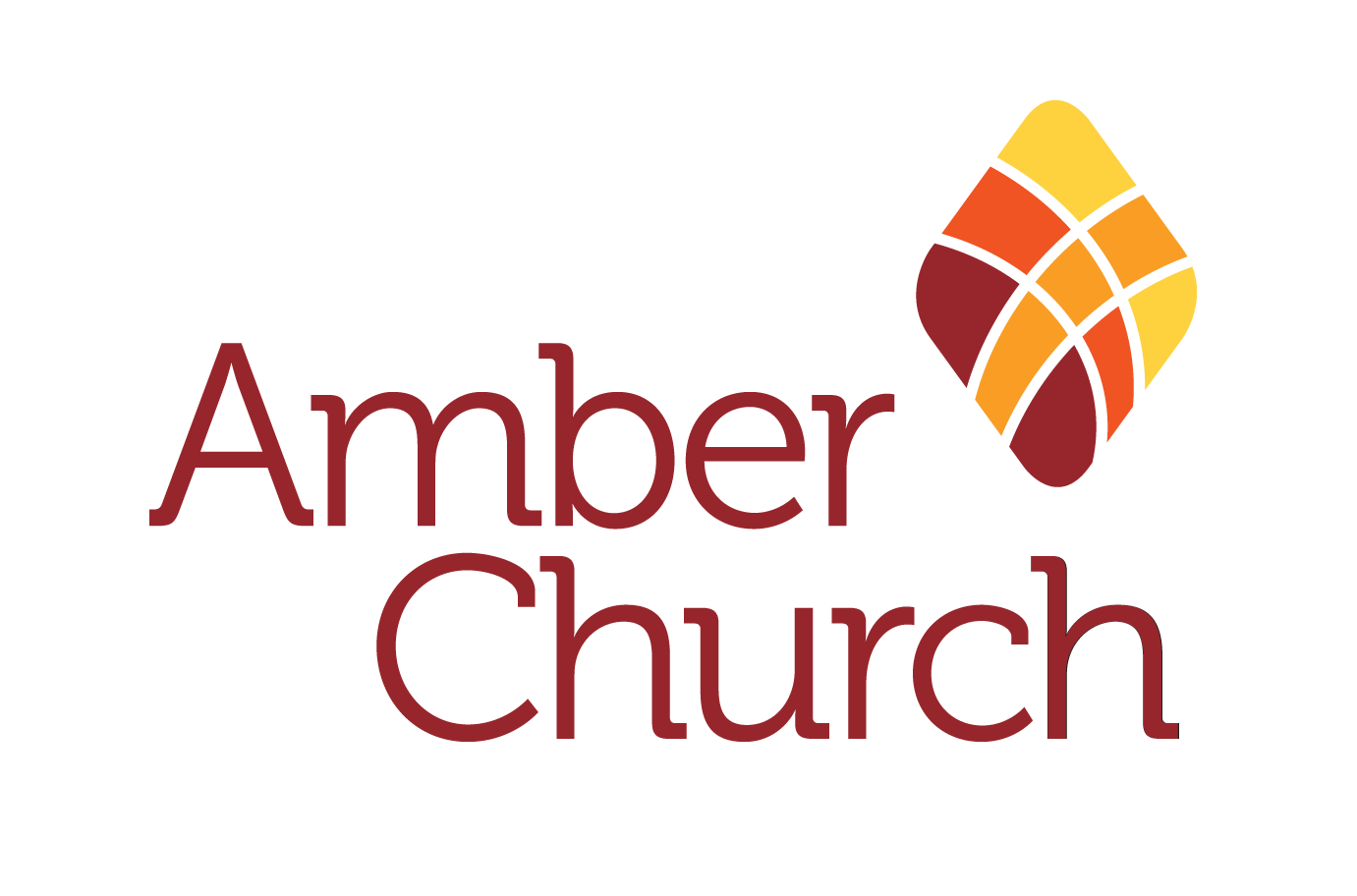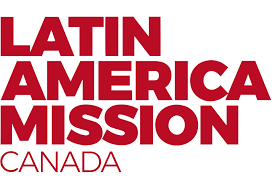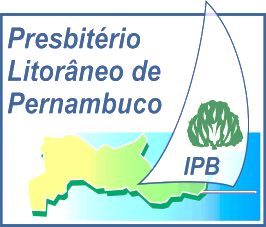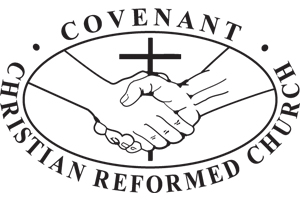About us
Who we are
We are a Reformed Church in Mission Gardens neighborhood, Winnipeg, Canada. Our roots reach back to the great Reformation of the 16th Century, when God caused His church to return to the fundamentals of the Christian faith, namely, Scripture alone, Christ alone, faith alone, grace alone, glory to God alone. These five statements of the evangelical faith lay at the center of the Reformation theology.
We aim to be servant a community, helping each other to grow in the knowledge of God, and to find healing in the eternal truths of the gospel of grace, reflecting the love of Christ, for God’s glory.
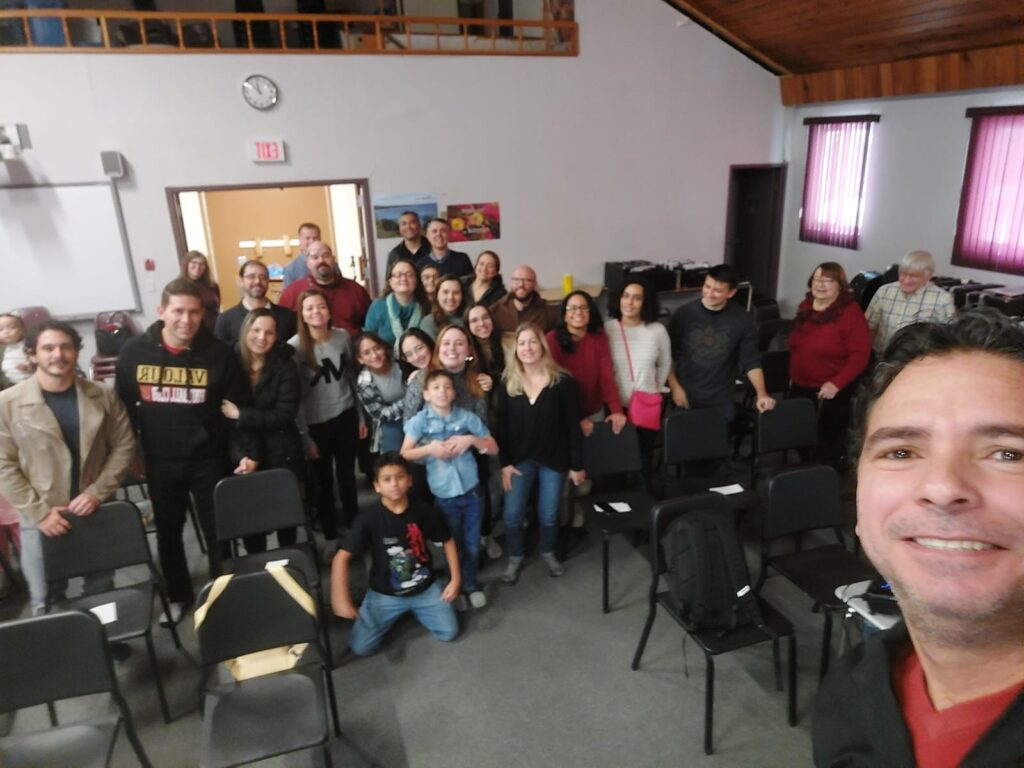
Our Mission
To glorify God by spreading the Gospel and forming disciples of Jesus Christ; helping them to grow in the knowledge of God, to live the Christian fellowship in love, to find healing for their souls, and to live rightfully according to God’s commandments presented in the Holy Scriptures.
Our Vision
To become a servant and missionary church, promoting the expansion of God’s Kingdom, growing not only in number of members, but in grace and in the knowledge of God, by living righteously and reflecting the love of Christ.
The Name Amber Church
Amber is much valued from antiquity to the present as precious gemstone in jewelry. It is a fossilized resin of prehistoric trees coming from a wide variety of pine trees that disappeared from the surface of the Earth since the Neolithic times. Fossils encased in Amber can be preserved intact for hundreds of millions of years. Amber is also believed to have healing properties and has been used as a healing agent by folk medicine since ancient times.
The concept of Amber is associated with preciousness, preservation, eternity, and healing. The name Amber Church has been chosen to associate the church’s brand with the preciousness of the Gospel; the immutability of the Gospel message; our willingness to remain faithful to the true gospel no matter how times change (and not be conformed to the pattern of this world); the healing of our soul by the true Gospel; and the eternal life found in Jesus Christ.
Our history
On February 5th, 2022, Rev. Marcelo Augusto Nunes Viana, a pastor from the Coastal Presbytery of Pernambuco (Presbyterian Church of Brazil), also a missionary of Latin America Mission Canada (LAM Canada) in Winnipeg, started a Bible study group in his home in Transcona. The group was called Group Emanuel. By the end of the year, the group had grown and was already functioning as a small church. It became too large to continue to be hosted in the Vianas’ home, so on December 8th, 2022, Group Emanuel moved to a rented church building located at 215 Rougeau Avenue.
At that time, Rev. Marcelo Viana became aware of a church planting work that was started in September 2020 and had been forced to interrupt its activities due to difficulties imposed by the pandemic. That ministry was called Amber Church. Rev. Marcelo Viana met the Amber Church leadership and proposed to take over the Amber Church charity to restart the church plant work with Group Emanuel. Therefore, in February 2023, Rev. Marcelo Viana and a couple of Group Emanuel leaders were made the directors of Amber Church charity and Group Emanuel was renamed as Amber Church; now a community of Reformed confession, pastored by Rev. Marcelo Viana, under the missionary initiatives of Coastal Presbytery of Pernambuco (Presbyterian Church of Brazil), in partnership with LAM Canada.
Curently, Amber Church is developing local partnership with Covenant Christian Reformed Church and Resonate Global Mission.
What we believe
We believe that the Holy Scripture or the Holy Bible is the inspired Word of God. Central to our worship is the proclamation of the Word of God by way of biblical exposition, in the tradition of Reformation faith and practice. The Holy Scripture comprise 39 books of the Old Testament (according to the Hebrew Bible canon) and 27 books of the New Testament for a total of 66 books. This Word has no equal because it is:
- inspired by God the Holy Spirit who caused many different men to write it over a considerable period of time;
- infallible in that it is a completely reliable and trustworthy book which should not and need not be doubted;
- inerrant, meaning that whatever is revealed in it is without error, contradiction or misrepresentation;
- sufficient because it fully contains the will of God and reveals all that we need to believe in order to be saved.
This Word represents the final rule of faith and life in our church. We receive it for regulation, foundation and confirmation of our faith. It serves as the basis for all authority in our church to provide clear instruction not only for the way of salvation but also for man’s everyday life in the world, His divine healing and the Holy Spirit helping us through perseverance.
The 14 additional books known as the Apocrypha, that have been added to the Catholic Bible Old Testament are not canonical, therefore are not inspired nor authoritative. Even though they retain limited intertestamental historical value, they have no theological value.
The five Sola of the Protestant Reformation are foundational set of principles of our theology.
- Sola Scriptura – The Bible is the sole written divine revelation, our only infallible rule for faith and life, and alone can bind the conscience of believers absolutely (Matt. 4:4; 2 Tim. 3:16).
- Sola Fide – Justification is by faith alone. By God’s free grace, the righteousness of Jesus Christ is imputed to us by faith and is the sole ground of our acceptance by God, by which our sins are pardoned (Rom. 5:1; Gal 2:16; Eph. 2:8-10).
- Solus Christus – Jesus Christ is the only mediator through Whose work we are redeemed (John 14:6; John 3:16).
- Sola Gratia – Our salvation rests solely on the work of God’s grace for us (Rom. 2:4; Eph. 2:8-10).
- Soli Deo Gloria – Salvation is of God and has been accomplished by God, therefore to God alone belongs the glory (Isa. 42:8; Col. 3:17).
We believe that the sacraments have been instituted in the context of covenants between God and people. When God makes covenants, he provides physical signs associated with the covenant. Old Testament covenant signs include the rainbow which appeared following a covenant made with Noah; and circumcision, which is a sign of God’s covenant with Abraham and his descendants. Such signs entail blessings and sanctions on those with whom God covenants. In the New Testament period there are two such signs or sacraments: baptism and the Lord’s Supper.
Baptism
Baptism is the sacrament of initiation into the visible church, or body of people who publicly claim faith in Christ. Baptism also signifies regeneration and remission of sin. All those who express their faith in Christ, as well their children, must be baptized.
Infant Baptism
Within two centuries of the Apostles, we have clear evidence that the church was practicing infant baptism. However, in the sixteenth century some Christians began to question the legitimacy of infant baptism. Our church rejects the heretical teaching that children are excluded from the covenant, as there is no Biblical evidence to support this teaching.
Children of Christian parents must be baptized based on the same covenant with Abraham. Paul makes it clear in Galatians 3 what Peter strongly suggests in Acts 2, namely that the Abrahamic covenant has not been annulled. It is still operational. In fact, we see the basic promise of the Abrahamic covenant running throughout the whole Bible, right up to the new heaven and new earth in Revelation 21.
Because children were part of the Abrahamic covenant in the Old Testament and were circumcised, there is no reason why children should be excluded in the New Testament sign of baptism. As the Jews practiced proselyte baptism, that sign came to be seen as marking inclusion in the covenant people. The existence of household baptisms is evidence that God still deals with households as a unit and welcomes whole families into the church to come under the Lordship of Christ together (Acts 16:13-15; 32-34; 1 Cor. 1:16; cf. Joshua 24:15).
The Lord’s Supper
The Lord’s Supper or Eucharist is a sacrament that spiritually nourishes Christians and strengthens their union with Christ. The outward or physical action of the sacrament is eating bread and drinking wine, presenting the body and the blood of Christ. We do not believe in the transubstantiation of these elements. Christ is present in the elements of the Eucharist, but not in a bodily manner since his body remains in heaven. We commune with Christ in the Lord’s Supper by being raised up to him rather than him descending to us. The elements of the Supper are used by God as means of grace to His people.
A person must not take the bread and wine of communion until they are able to discern the body of the Lord, so they do not eat and drink unworthily, as instructed by Paul in I Co:11:26-29. Therefore, little children must not take part in the Lord’s Supper until they can achieve this discernment. We understand the reason for that is due the noticeable difference between baptism and the Lord’s Supper. Baptism is the sacrament that signifies and seals regeneration, a sacrament in which a human is passive; the Lord’s Supper is the sacrament of maturation in communion with Christ, the formation of the spiritual life, and presupposes conscious and active conduct on the part of those who receive it. In the Old Testament there was a great difference between circumcision and the Passover. Circumcision was prescribed for all children of the male sex, but the Passover feast was celebrated, not immediately at its institution but later in Palestine, near the temple at Jerusalem. Very young children were therefore automatically excluded.
The main teachings of the Bible have been summarized in documents called creeds or confessions. Of the many creeds that have appeared throughout the history of the Christian church, we have chosen to adopt three creeds and four confessions as our own.
The creeds come to us from the early church, namely the Apostles’ Creed, the Nicene Creed and the Athanasian Creed. The confessions have come to us from the Reformation of the sixteenth century, namely, the Belgic Confession, the Hidelberg Catechism, and the Canons of Dort.
We consider these creeds and confessions to be faithful summaries of the Word of God. As human documents, however, they possess human authority. Only the Word of God possesses divine authority. The contents of our creeds and confessions are always subject to and to be tested by the standard of the Word of God.
